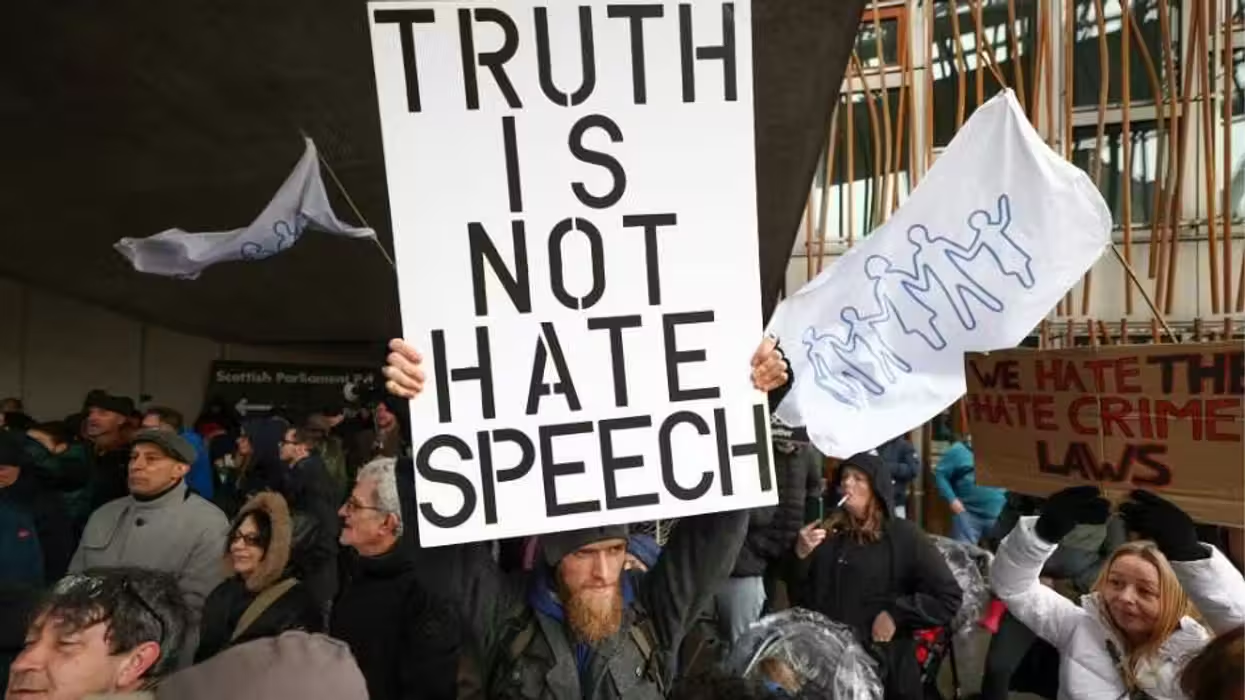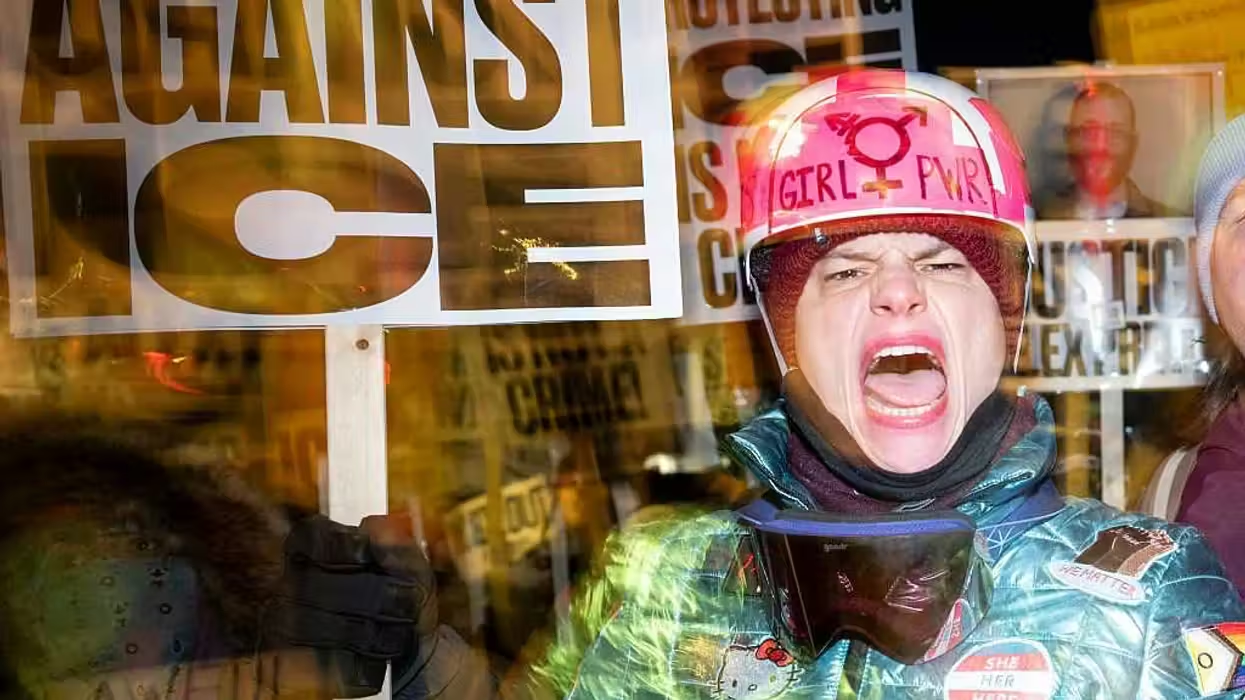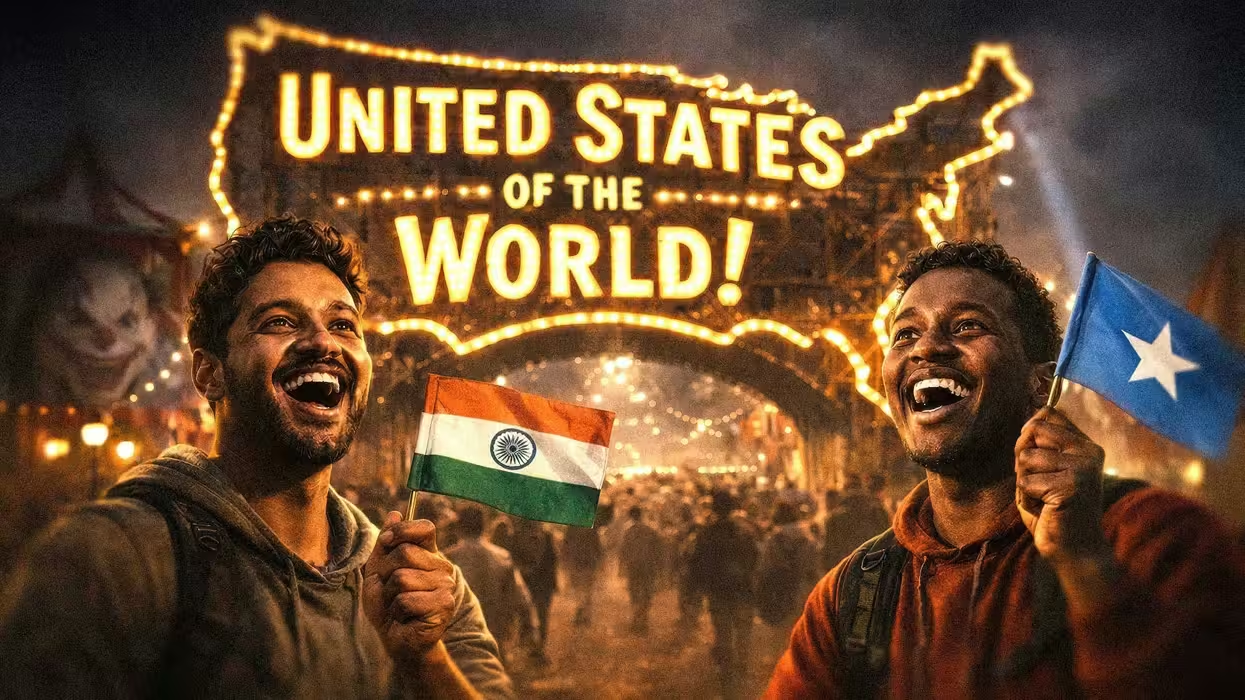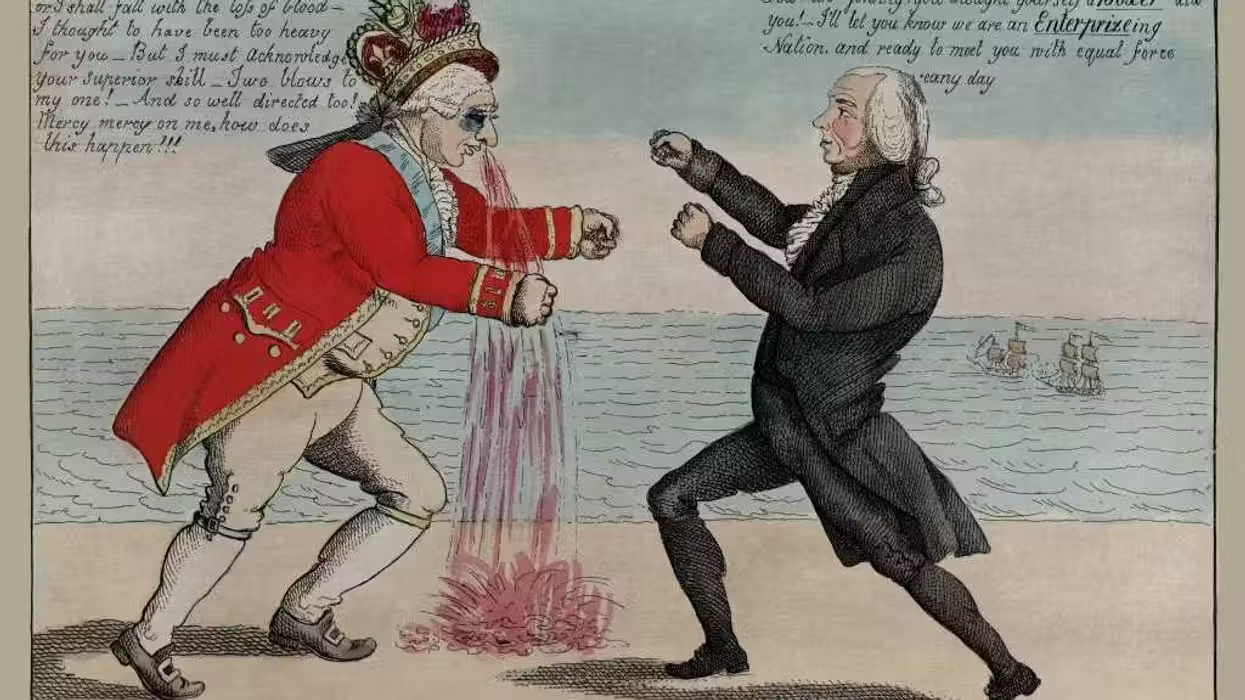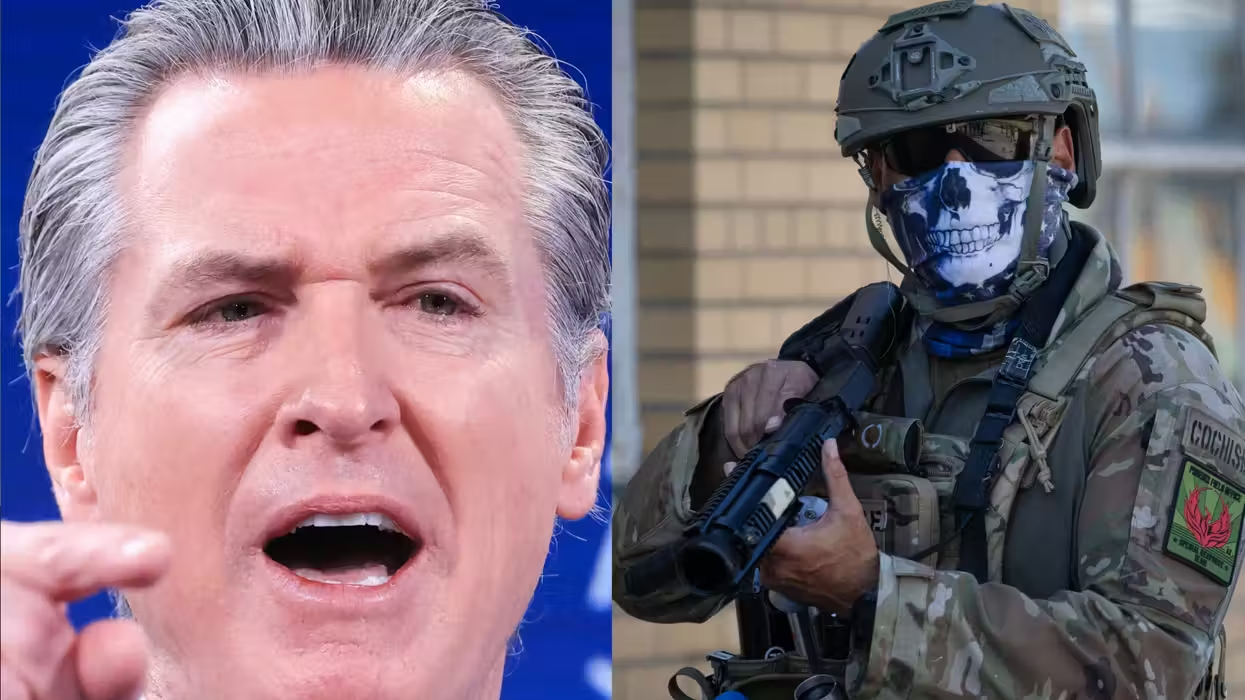Russian President Vladimir Putin’s campaign credited the extent of his win in Sunday's Russian presidential election to the outrage in that country over the United Kingdom's investigation into the poisoning of a Russian double agent in England.
“Thanks to Britain, they’ve ensured a level of turnout we weren’t hoping to achieve by ourselves,” Putin’s campaign spokesman, Andrei Kondrashov, said, according to the New York Times.
Putin, who won with 76.69 percent of the vote, had barred any serious opposition candidates from running. Opposition leaders and journalists in the country also accused the Russian government of widespread election fraud, including registering votes for other candidates as votes for Putin and stuffing ballot boxes.
The Organization for Security and Co-operation in Europe downplayed the election results, saying in a statement that “choice without real competition, as we have seen here, is not real choice.”
The OSCE also said, “A number of activists who questioned the legitimacy of the election were detained” and that “instances of pressure on voters to take part in the election were reported.”
Putin also had the overwhelming support of state-run media.
“Before he was simply our president and he could be changed. But now he is our vozhd,” Margarita Simonyan, editor in chief of the RT television network, said, referring to the old Russian word for “chieftain” that was used for Soviet leaders.
Ongoing back-and-forth
The Putin campaign’s comment is just the latest chapter in the escalating war of words between Russian and the U.K. after the attempted murder of a double agent.
On March 4, Russian defector Col. Sergei Skripal and his daughter were poisoned outside a British shopping center in Salisbury, England. Skripal had supplied British intelligence service MI6 with information before being discovered and arrested by the Russian government. He was later traded in a high-profile spy swap, and moved to England. The toxin used was discovered to be the nerve agent Novichok, which was made by the Russian government during the Cold War.
British Prime Minister Theresa May has said it was “likely” that the Russian government was behind the attack, based on the evidence. Putin has called this conclusion “nonsense,” and his representative to the United Nations compared the British investigators to the unimaginative and “hapless” Inspector Lestrade from the Sherlock Holmes stories, and accused them of coming up with “egregious, superficial and unsupported accusations which have far reaching consequences.”
President Donald Trump, French President Emmanuel Macron, and German Chancellor Angela Merkel released a statement with May, jointly declaring that it was “highly likely” that Russia was behind the attack.
British Foreign Secretary Boris Johnson took this a step farther and said that it was “overwhelmingly likely” that Putin himself was behind the attack. Jens Stoltenberg, Secretary General of NATO said that he is “absolutely certain that Russia has underestimated the resolve and unity of NATO allies” on this issue.


